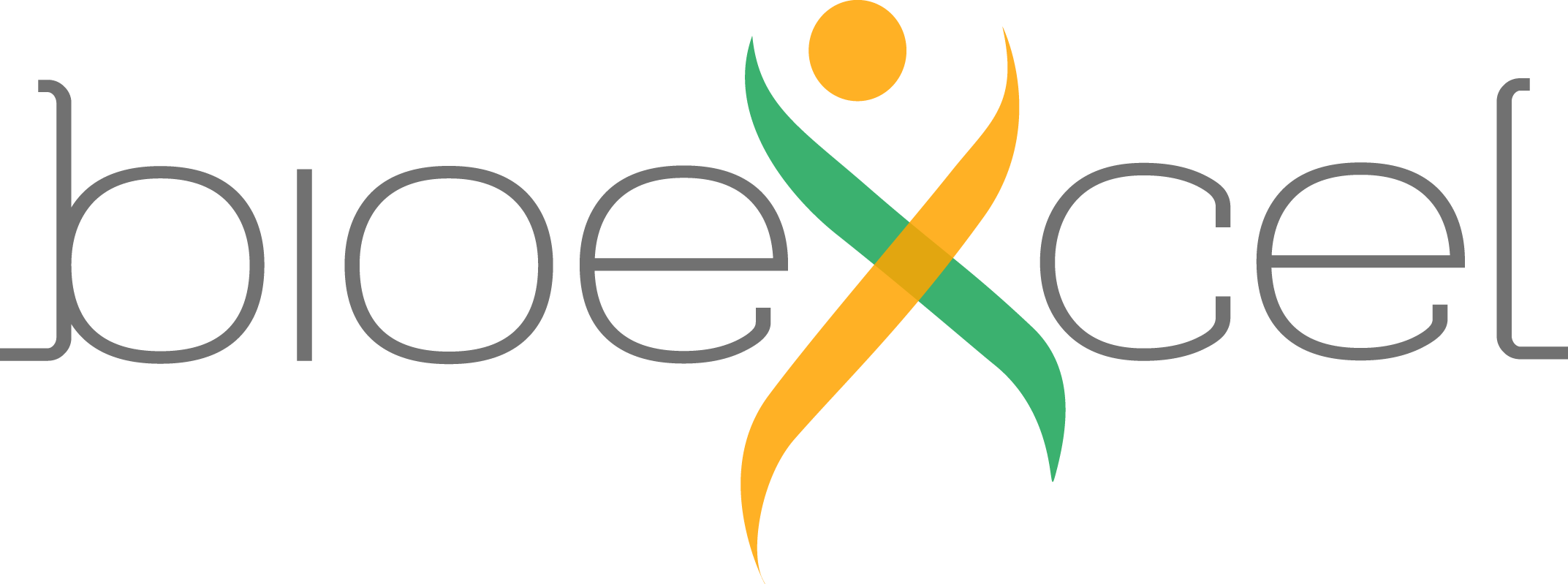Biobb_chemistry is the Biobb module collection to perform chemistry over molecular dynamics simulations. Biobb (BioExcel building blocks) packages are Python building blocks that create new layer of compatibility and interoperability over popular bioinformatics tools. The latest documentation of this package can be found in our readthedocs site: latest API documentation.
v5.0.0 2024.1
Using PIP:
Important: PIP only installs the package. All the dependencies must be installed separately. To perform a complete installation, please use ANACONDA, DOCKER or SINGULARITY.
-
Installation:
pip install "biobb_chemistry>=5.0.0" -
Usage: Python API documentation
Using ANACONDA:
-
Installation:
conda install -c bioconda "biobb_chemistry>=5.0.0" -
Usage: With conda installation BioBBs can be used with the Python API documentation and the Command Line documentation
Using DOCKER:
-
Installation:
docker pull quay.io/biocontainers/biobb_chemistry:5.0.0--pyhdfd78af_0 -
Usage:
docker run quay.io/biocontainers/biobb_chemistry:5.0.0--pyhdfd78af_0 <command>
Using SINGULARITY:
MacOS users: it's strongly recommended to avoid Singularity and use Docker as containerization system.
-
Installation:
singularity pull --name biobb_chemistry.sif https://depot.galaxyproject.org/singularity/biobb_chemistry:5.0.0--pyhdfd78af_0 -
Usage:
singularity exec biobb_chemistry.sif <command>
The command list and specification can be found at the Command Line documentation.
This software has been developed in the MMB group at the BSC & IRB for the European BioExcel, funded by the European Commission (EU H2020 823830, EU H2020 675728).
- (c) 2015-2024 Barcelona Supercomputing Center
- (c) 2015-2024 Institute for Research in Biomedicine
Licensed under the Apache License 2.0, see the file LICENSE for details.
















